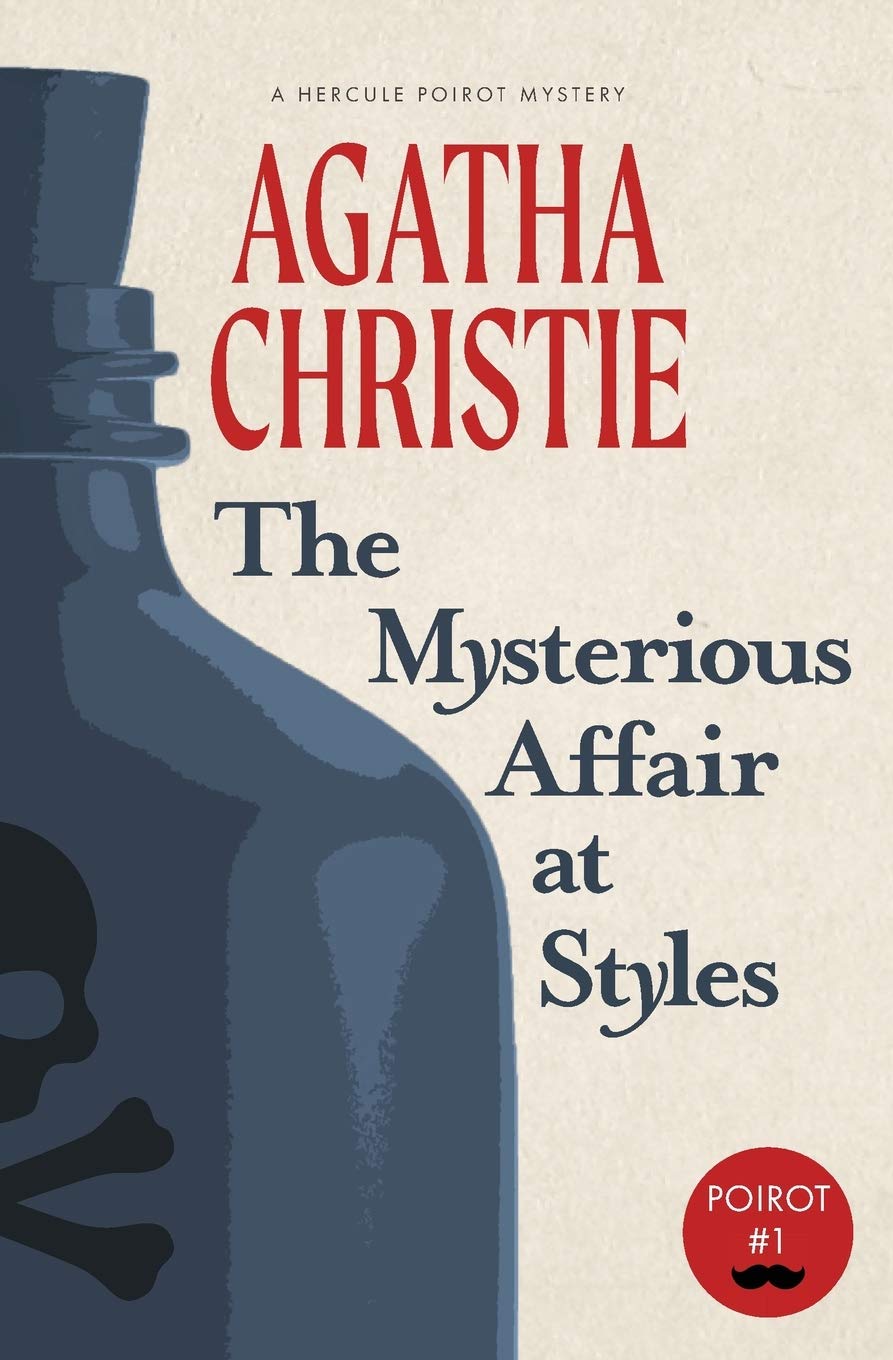CHAPTER X — THE ARREST
byChapter X opens with a quiet ripple of confusion as Hastings realizes that Poirot is nowhere to be found, stirring both concern and curiosity. His search leads to the discovery that Poirot may have traveled to London, a decision left unexplained and therefore unsettling. Hastings, ever the observer yet not always the analyst, chooses to focus instead on informing John Cavendish about Dr. Bauerstein’s sudden arrest. John’s reaction is one of disbelief but measured restraint, agreeing to withhold the news to avoid scandal. The absence of any formal report in the newspapers adds another layer of mystery to an already perplexing situation. It becomes clear that something significant is unfolding beyond the murder itself. Suspicion begins to extend its reach into matters far more complex than domestic rivalry or financial motives.
Poirot’s eventual return brings with it more riddles than resolutions. Rather than clarifying Dr. Bauerstein’s arrest, Poirot dances around the subject, offering only fragments of insight. He reveals that Bauerstein was not arrested for murder but for espionage—a shocking twist that recasts the narrative. This revelation adds a geopolitical dimension to a murder that already teemed with personal tension. The accusation seems misplaced until Poirot frames Bauerstein as someone loyal not to England but to another homeland, acting out of duty rather than treachery. Poirot’s indirect explanation unsettles Hastings, whose interpretation of the arrest had been simplistic. Still, Poirot refrains from casting final judgment, focusing instead on the nuances of human behavior. Through this detour, the mystery takes on international stakes, while Poirot remains focused on the murder’s core logic.
Within their conversation, Poirot shares that Miss Howard has delivered an unexpected clue. It’s not stated outright, but Poirot values it enough to treat it as a potential turning point. He subtly stresses his reliance on his mind’s discipline—his “little grey cells”—and warns that premature conclusions risk damaging innocent lives. When he speaks of a woman’s happiness resting on his next move, the weight of that moral responsibility becomes more pronounced than any legal one. Poirot is not just solving a case; he’s balancing logic with compassion. Hastings, meanwhile, struggles to keep pace with Poirot’s thought process, particularly as personal relationships in the household cloud every possibility. Mary Cavendish remains a source of ambiguity—cool, proud, yet tethered to secrets.
Mary’s encounter with Hastings is marked by emotional restraint cloaked in civility. Her demeanor reveals much—she’s distant, not just from Hastings but from her husband and perhaps herself. Her response to Bauerstein’s arrest lacks the shock or concern one might expect. Hastings wonders if deeper feelings for the doctor lie behind her reaction, or if she’s simply too wearied by her domestic situation to care. Mary’s spirit feels caged by the conventions surrounding her, hinting at a desire for autonomy over affection. Poirot’s awareness of this emotional landscape only strengthens his resolve to tread carefully. In this household, love and loyalty are not simple concepts; they are masked, redirected, or suppressed under the weight of social expectation.
As the investigation deepens, Poirot manages to retrieve a vital piece of physical evidence without alerting hospital staff. A bottle, once overlooked, now contains damning fingerprints belonging to Lawrence Cavendish. This new revelation alters the trajectory of suspicion, moving attention away from John and toward his brother. It complicates the case by showing how easily guilt can shift based on a single overlooked detail. Poirot’s approach, both thorough and stealthy, ensures that the chain of logic stays intact. For the first time, the connection between the poison and the household members feels tangible, no longer speculative. Yet the truth remains buried beneath layers of misdirection.
The chapter closes with a growing sense that Poirot is working not only to reveal a crime but to shield the innocent from harm that a wrong conclusion might bring. Hastings senses that Poirot’s interest is not purely professional—there’s a deeper empathy guiding his caution. With every conversation, Poirot is peeling back layers of pretense and misunderstanding in pursuit of the truth. The presence of espionage only sharpens the stakes, forcing every character to confront not only what they know but what they choose to reveal. At Styles, the answers are taking shape, but they wait for the final arrangement of facts—one only Poirot can see clearly, hidden among the chaos.

